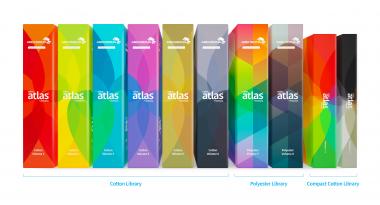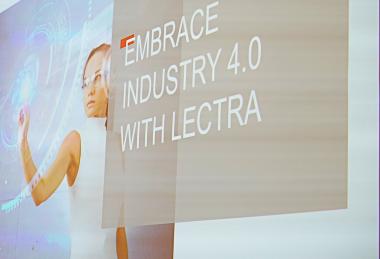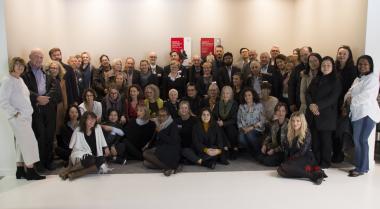Archroma and swatchbook collaborate to deliver digital colors to fashion designers
Archroma is bringing the entire portfolio of 5,760 Archroma Color Atlas colors to swatchbook, a platform for material digitalization and sourcing.
The new partnership provides fashion, apparel and textile designers and manufacturers with an elevated standard for color accuracy that meets the needs of today’s increasingly technology-driven and integrated supply chain. This will help the textile and fashion community to improve sustainability, whilst lowering costs and shortening turnaround times.
The Color Atlas by Archroma® was launched in 2016 to provide fashion designers and stylists with off-the-shelf color inspiration that can be implemented in production with just a few clicks.
Designers will use the 5,760 Archroma Color Atlas colors on swatchbook to rapidly develop accurate digital colorways and visualize their final product. They can then share these digital swatches with their manufacturing partners, providing access to the swatchbook metadata, which can include information such as the materials’ composition, weight and color.
This will streamline the overall design and production process for color-critical fashion and textile products, allowing for faster turnaround. Digital materials supported by trusted coloration technology also reduce the need for samples and eliminate physical swatchbooks, bringing environmental benefits and lower costs to brands and suppliers.
All 5,760 Color Atlas by Archroma® colors are now available free of charge to subscribers on the swatchbook platform.
Archroma


















